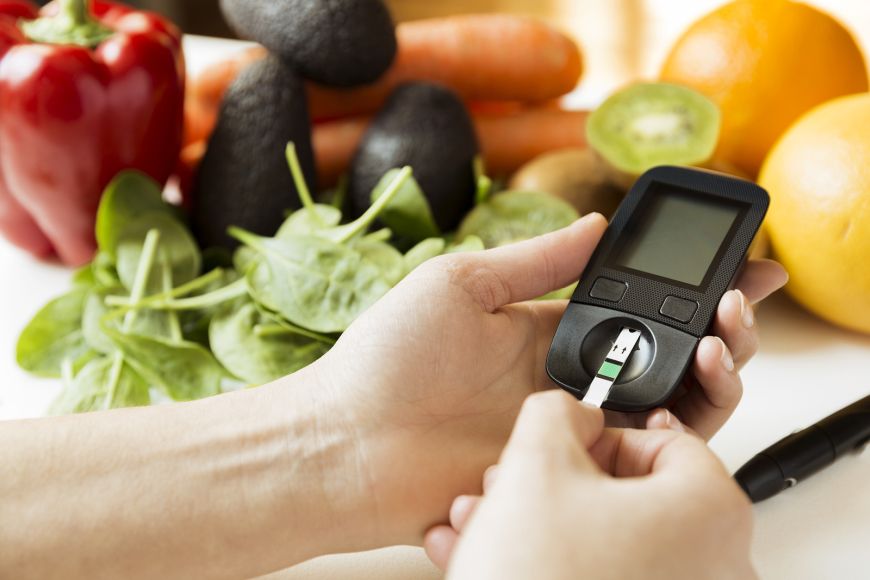Diabetic patients must consult their doctor and take extra precautions before fasting for Ramadan
16 May 2019
| Last updated on 19 April 2020
Diabetic patients need to take extra precautions while fasting during Ramadan
Through this month of fasting, the gap between meals can range from 12 to 15 hours which poses a problem for diabetics who are advised to have regular, timely meals. Fasting results in metabolic changes and hence it is important to adjust diabetes management plans accordingly.
It is very important to ensure that blood sugar levels do not fluctuate too drastically – large meals at iftar and suhoor can cause blood sugar to rise quickly, while fasting during the day can cause them to drop. The risk of dehydration is also very dangerous for diabetic patients.
Patients with type 1 diabetes who have a history of recurrent hypoglycemia (low blood sugar) are at a higher risk of fluctuating blood sugar levels if they fast. Hyperglycemia (high blood sugar) as well as hypoglycemia may also occur in patients with type 2 diabetes, but the risk is reduced as it occurs less frequently and with fewer consequences when compared with type 1 diabetes patients.
SEE ALSO: 8 Essential Ramadan Food Tips: What to Eat and What to Avoid
In order for diabetic patients to get medical clearance for fasting, doctors will check whether blood sugar levels have been steady for at least 2 months prior to beginning the fast. Fasting may not be recommended for those using an insulin pump or those with other comorbidities such as heart or kidney problems.
It is also important for diabetic patients to recognize the symptoms of hyperglycemia, hypoglycemia, diabetic ketoacidosis and thrombosis.
If you are a diabetic patient planning on fasting this Ramadan, the first step is to consult your doctor. Your doctor will be able to guide you and advise you whether you are safe to fast. It is also advisable to have your blood sugar monitor close to hand at all times throughout the month.
SEE ALSO: Advice for Fasting this Ramadan If You Are Pregnant or Breastfeeding
Diabetics should adjust their fasting to ensure blood sugar doesn’t fluctuate:
- Frequently monitor blood sugar levels multiple times a day
- Adjust your medication routine to accommodate your fasting schedule
- Do not over eat at meal times so blood sugar levels are not raised quickly
- Drink lots of water to hydrate yourself. You can also consumer sugar-free and decaffeinated drinks to rehydrate your body
- Limit consumption of sweets and artificial sugars
- Eat lots of vegetables, certain fruits (to be eaten in moderation), fiber, pluses and lean protein
- Avoid deep fried foods. Instead, substitute the recipe with baking, steaming and grilling where possible
- Avoid sleeping straight after eating to give your body time to process and digest foods
It is worth reemphasizing that fasting during Ramadan is a personal choice for diabetics. The decision should be made while keeping religious guidelines for exemption in mind and after careful medical consultation to ensure a safe and healthy Ramadan.

Dr. Nadine Aoun
Clinical Dietician
Medcare Women & Children Hospital
- Tags:
- ramadan
- ramadan 2020
- wellness




.png?itok=HBSyMDok)









































































.png)



























.png?itok=0fOAXkOm)

























.png?itok=EH_x0Pha)
